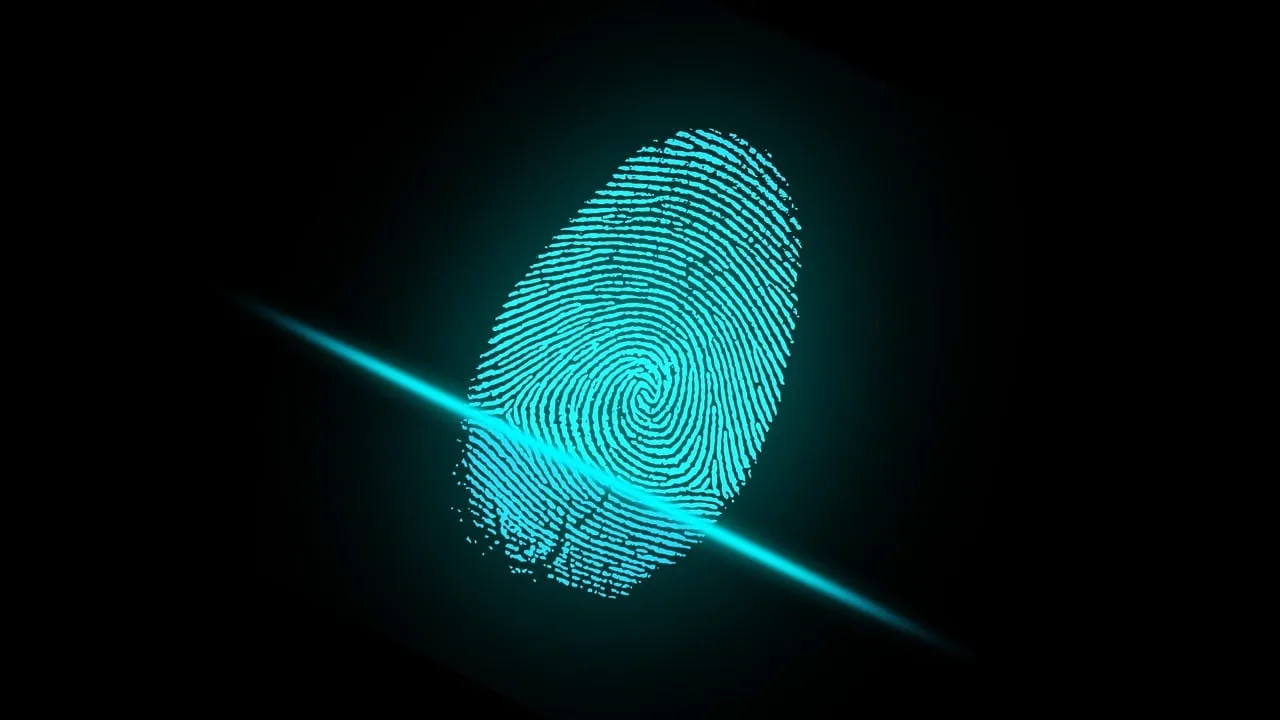
According to a recent report from HSBC, titled the Trust In Technology report, at the moment India is said to be leading globally when it comes to the adoption of biometric technology.
The report indicates that people in India are about 3x more likely to use bioidentification systems in order to identify themselves, like fingerprint scanning or iris recognition.
When it comes to adopting biometric systems, Asia and the Middle East are ahead of the trend compared to Western nations. The reason for this? It's said that the people in those areas have a greater understanding of the technology and more optimism and trust about using it.
The biometric trend is being adopted and pushed not only by government, but a number of private corporations around the world are also looking to embrace the technology as well.

One government department in Delhi, India, recently started requiring its employees to submit to a bioidentification system in order to have their attendance tracked. They say that they have been having issues with attendance and so having folks log in via a biometric system is their solution to that problem.
Those who don't use the system to properly mark their attendance are allegedly going to be met with disciplinary action over the matter.
They aren't the only government workers on the system either. It's reported that tens of thousands of government officials are being required to sign in with the biometric system and their attendance is even listed online and accessible to the public. They plan for program to be expanded and included every worker, right down to the level of district subdivisions.
India is presently said to be working on building a biometric database for the entire nation, roughly 1.3 billion people. It's referred to as the Aadhaar program.
The biometric system which is being marketed as an identity program, is looking to collect the fingerprints and iris data from every single person in the country. And at the moment, it's estimated that about 9 out of 10 Indians have already registered with the system. Along with their registration they were given a 12-digit number and that number is able to be verified when they confirm their biometric identification by scanning their eye or finger.
It started out as an initiative to keep track of welfare waste and supposedly offer the poor a method for being able to prove their identity. But now, you allegedly need to be registered if you want to pay your taxes, or collect your pension, and access other state benefits. It started out as voluntary but it isn't any longer; it's now viewed as compulsory. The national biometric program first began focusing mostly on government applications, but it has quickly spread to the financial sector and airport screening.

Pics:
pixabay
Sources:
http://www.businesstoday.in/current/economy-politics/india-leads-globally-in-adoption-of-biometric-tech-report/story/253168.html
http://www.newindianexpress.com/cities/delhi/2017/jun/08/delhi-govt-employees-to-mark-attendance-through-biometric-system-1614371.html
http://www.latimes.com/world/la-fg-india-database-2017-story.html
https://www.nytimes.com/2014/10/12/world/asia/in-india-government-tracks-its-own.html?_r=0
http://findbiometrics.com/biometric-attendance-india-404243/
Related Posts:
Mastercard Looking To Link Your Fingerprint To Your Credit Card
Biometric Payment System Coming To India
https://steemit.com/money/@doitvoluntarily/biometric-payment-system-coming-to-india